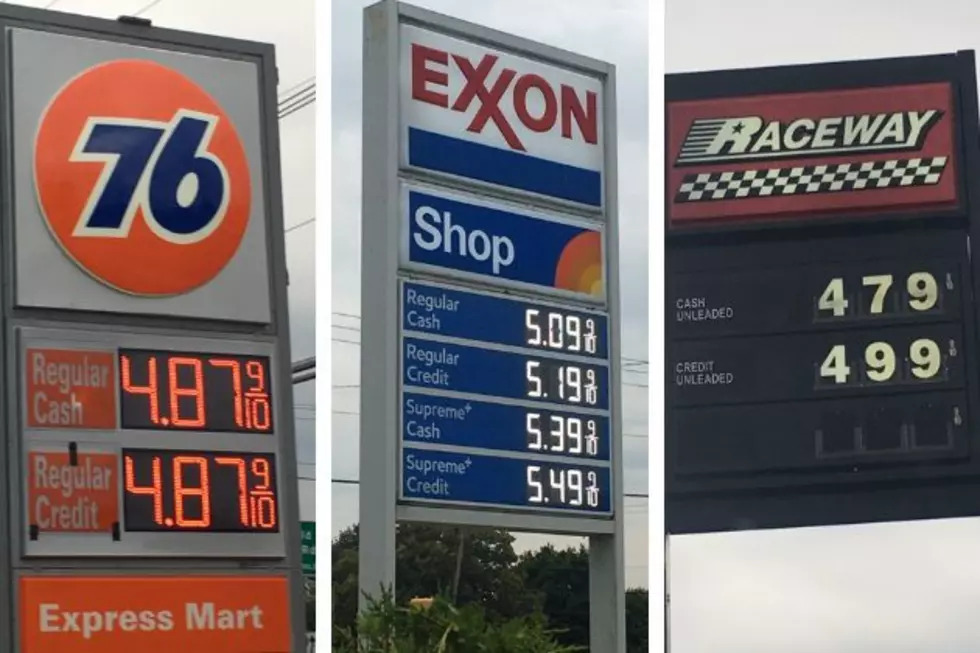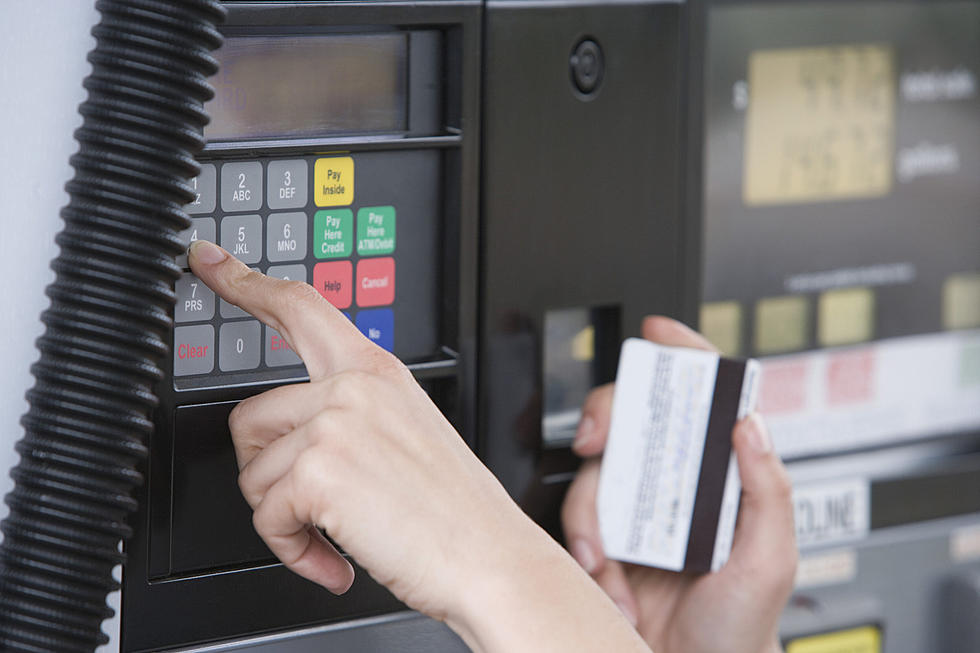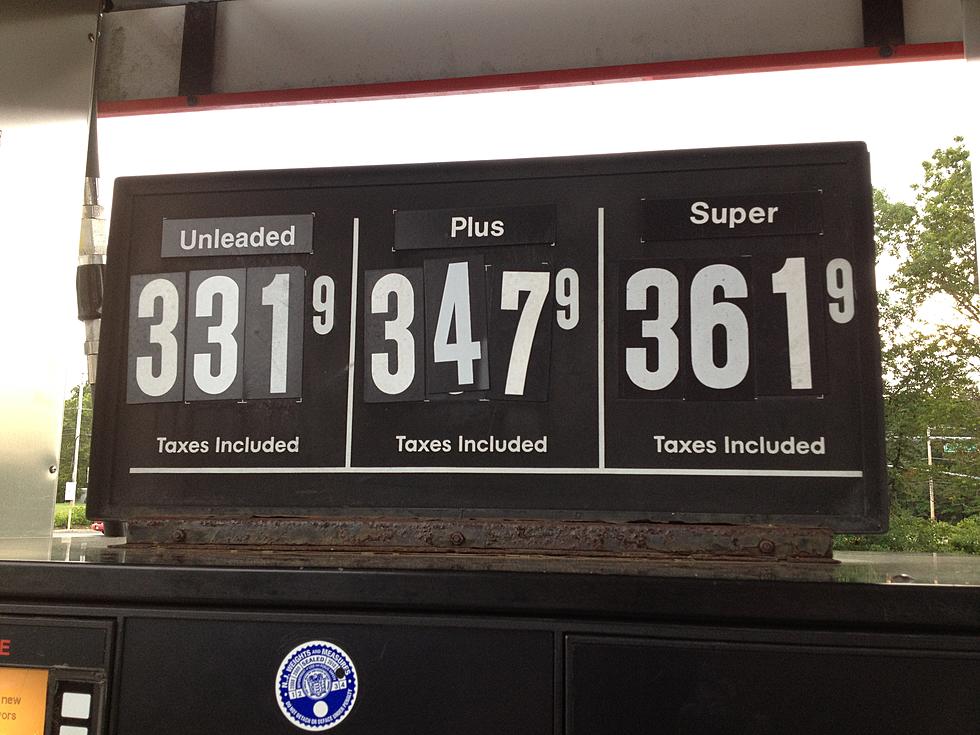
NJ May Offer to Give You $5,000 to Buy an Electric Car
A revamped version of a bill promoting the use of plug-in electric vehicles was endorsed by two Assembly committees Monday and appears positioned to reach Gov. Phil Murphy’s desk before the legislative session ends in a week.
The bill, A4819/S2252, had been stalled for more than a year but is listed for consideration by the Senate budget committee Thursday, after its approval by the Assembly environment and appropriations committees.
The bill no longer includes provisions that would have required private utilities to build a charging station infrastructure that could have been paid for through electric rate increases. But rates could go up to help pay for charging equipment in people’s garages, and the state would commit at least $300 million over 10 years to help subsidize the purchases of at least 60,000 electric cars.
The bill sets new registration goals for “light duty” plug-in electric vehicles – cars, minivans, SUVs, crossovers and pick-up trucks – of 330,000 by the end of 2025 and 2 million by the end of 2035, with the aim of accounting for 85% of all new vehicles sold in the state by 2040.
Assemblyman Dan Benson, D-Mercer, said subsidies of up to $5,000 per vehicle could be available starting in the summer. They’d be equal to $25 per mile of the vehicle’s range. Hybrid plug-ins would stop being subsidized at the start of 2023.
“Prices continue to decline, particularly for the battery technology that really drives the cost of these vehicles, and ranges are increasing,” Benson said. “That doesn’t mean we still don’t need to make sure that there are incentives to keep this moving and making sure that we have goals for infrastructure in our state.”
The bill calls for at least 400 fast-charging stations to be available for public use at no fewer than 200 locations by the end of 2025. It also requires that NJ Transit shift to zero-emissions buses by saying they must account for 10% of bus purchases by 2024, half by 2026 and all by 2032.
Jim Appleton, president of the New Jersey Coalition of Automotive Retailers, said electric cars cost $12,000 to $15,000 more than traditional cars with combustion engines powered by gasoline.
But, Appleton said, New Jersey doesn’t charge sales taxes on electric cars, and people can receive federal tax credits of up to $7,500 for most electric cars, though not a Tesla or Chevrolet. He said the state’s $5,000 incentive would finally make the prices for electric cars competitive.
“While the automakers have invested heavily, and most of the other states that opted into the (California clean car) program have invested heavily, to build the market, New Jersey has literally done next to nothing to advance the goal that it adopted 15 years ago,” Appleton said.
“The state of New Jersey, gratefully, is finally starting to put money where its mandates are, and it’s much overdue,” he said.
Environmental advocacy groups also applauded the legislation, but some business associations with stakes in gas-powered cars opposed it, mostly citing the potential impact on electricity rates for things such as having the Board of Public Utilities provide subsidies of up to $500 to people to install charging stations in their garages.
“The impact on New Jersey, that already has among the highest electrical rates, needs to be carefully scrutinized before we give out any unnecessary subsidies to people that are already inclined to do so,” said Jim Benton, executive director of the New Jersey Petroleum Council.
“It’s just a simple matter of fairness,” said Eric DeGesero, executive vice president, Fuel Merchants Association of New Jersey. “If you’re going to put us out of business, don’t make us pay to do it, and certainly don’t give the BPU a blank check, as we’re doing here.”

Sal Risalvato, executive director of the New Jersey Gasoline, Convenience Store and Automotive Association, said the future might be hydrogen-powered cars, rather than electric plug-ins, since they can be filled far more quickly – in around three minutes as opposed to around 30 – at locations similar to current gas stations.
“There is an emergence of hydrogen fuel, and we are ignoring that. Hydrogen fuel vehicles are where electric vehicles were maybe five or six years ago,” Risalvato said. “… This legislation actually puts a roadblock by setting the goals it does for battery electric and excludes hydrogen.”

More From WPG Talk Radio 95.5 FM










